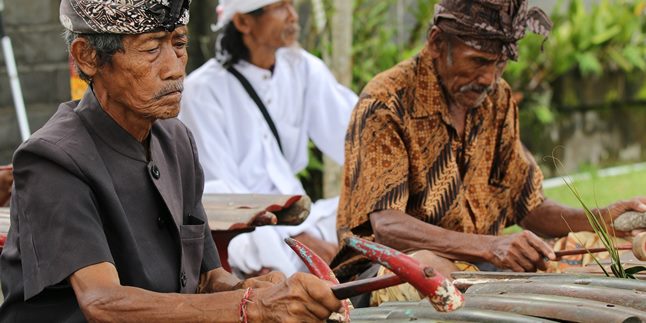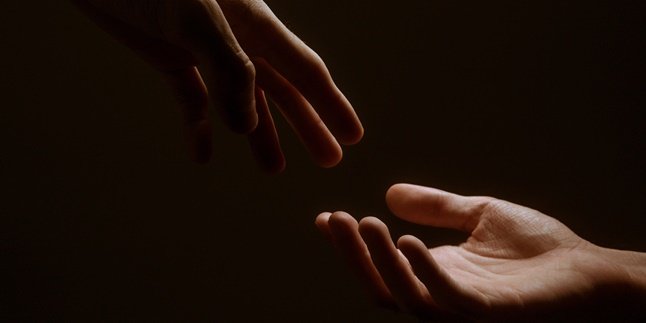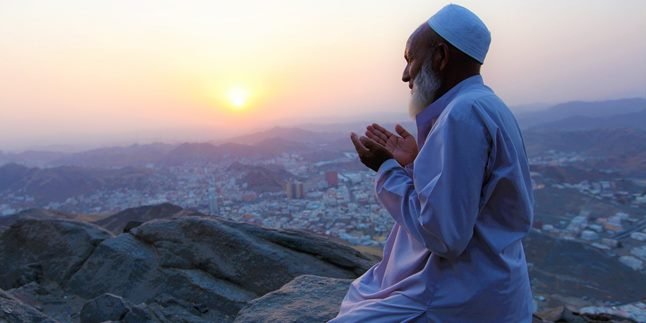Kapanlagi.com - Culture is a way of life that develops and is shared by a group of people, and is passed down from generation to generation. This word is not unfamiliar to us. But what is the deeper meaning of culture? The meaning of culture is a way of life that develops and is owned by a group of people. Then passed down to the next generation.
Culture is formed from various complex elements, including religious, political, customary, tools, language, buildings, clothing, and art. Culture influences many aspects of human life throughout the region. As time goes by, culture is complex, abstract, and broad in human civilization. So it must be understood and studied more deeply.
For KLovers who want to know the meaning of culture, here is an explanation of the meaning of culture both generally and according to experts. In addition, there are also functions, characteristics, and elements in culture. Let's check it out, KLovers.
1. Understanding Culture

Illustration (credit: pixabay)
In every community in various regions of the world, there is surely a culture. The meaning of culture is a way of life that develops and is owned by a group of people. Then it is passed down to the next generation. And this is maintained for a long time, or it may disappear for a reason.
It is known that culture is formed from several complex elements, my dear KLovers. Among them, culture is formed from customs, language, art, religious and political systems. Language, like culture, is an inseparable part of human communication.
Therefore, many believe that a culture is something that is inherited genetically. In addition, the meaning of culture is also a comprehensive way of life. The meaning of culture has abstract, complex, and broad characteristics. Meanwhile, according to KBBI (Indonesian Dictionary), the meaning of culture is a thought, intellect, or customs.
2. Understanding Culture According to Experts
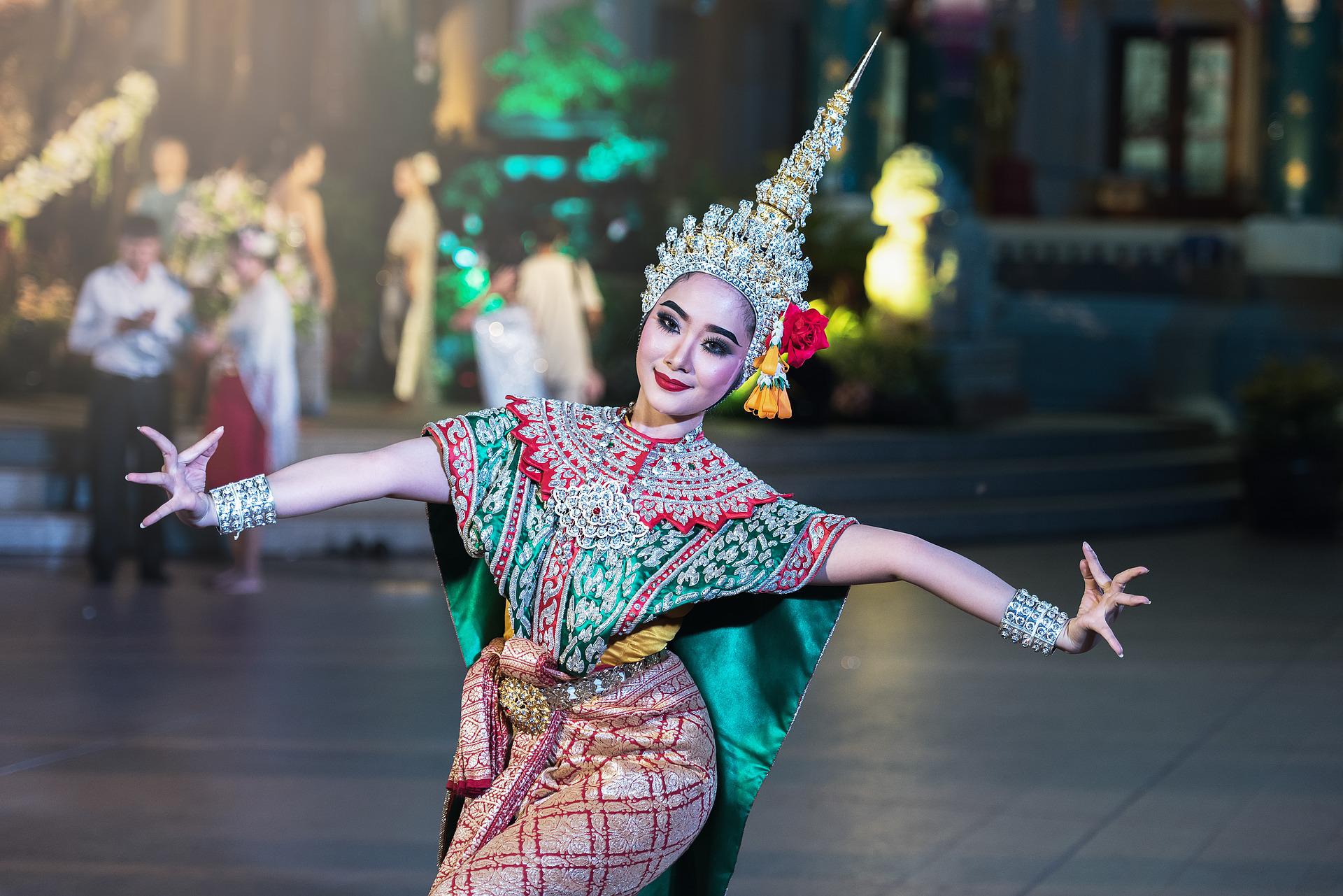
Illustration (credit: pixabay)
So, what is the meaning of culture according to experts? Yes, there are slight differences in the meaning of culture according to experts. However, in general or essentially, the meaning of culture according to experts is almost the same. Here are some meanings of culture according to experts:
1. E.B. Taylor in Soekanto
According to E.B. Taylor in Soekanto, the meaning of culture is a complex that includes knowledge, beliefs, arts, morals, laws, customs, and other abilities acquired by humans as members of society.
2. Koentjaraningrat
According to Koentjaraningrat, the meaning of culture is defined as all the power and activities of human beings to cultivate and transform nature.
3.Linton
Linton argues that the meaning of culture is the overall attitude and behavior patterns and knowledge that is a habit inherited and possessed by a certain member of society.
4.Selo Soemardjan and Soelaeman Somardi
Then Selo Soemardjan and Soelaeman Somardi revealed that the meaning of culture is all the results of the work, taste, and creativity of society.
5.Parsudi Suparian
Parsudi Suparian explains that the meaning of culture is all human knowledge used to understand and comprehend the experiences and environment they encounter.
6.Effat Al Syarqawi
Effat Al Syarqawi explains that the meaning of culture from the Islamic perspective is a treasure trove of the history of a group of society that is reflected in the testimony and various values that outline that life must have spiritual meaning and purpose.
7.Andreas Eppink
According to Andreas Eppink, the meaning of culture encompasses all aspects of social norms, social values, and science. And all social, religious, and other structures.
8. William H.Haviland
And according to William H.Haviland, the meaning of culture is a set of rules and norms shared by a group of members or society. If performed by these people, it will produce behavior that is considered acceptable or appropriate by all society.
3. Elements of Culture
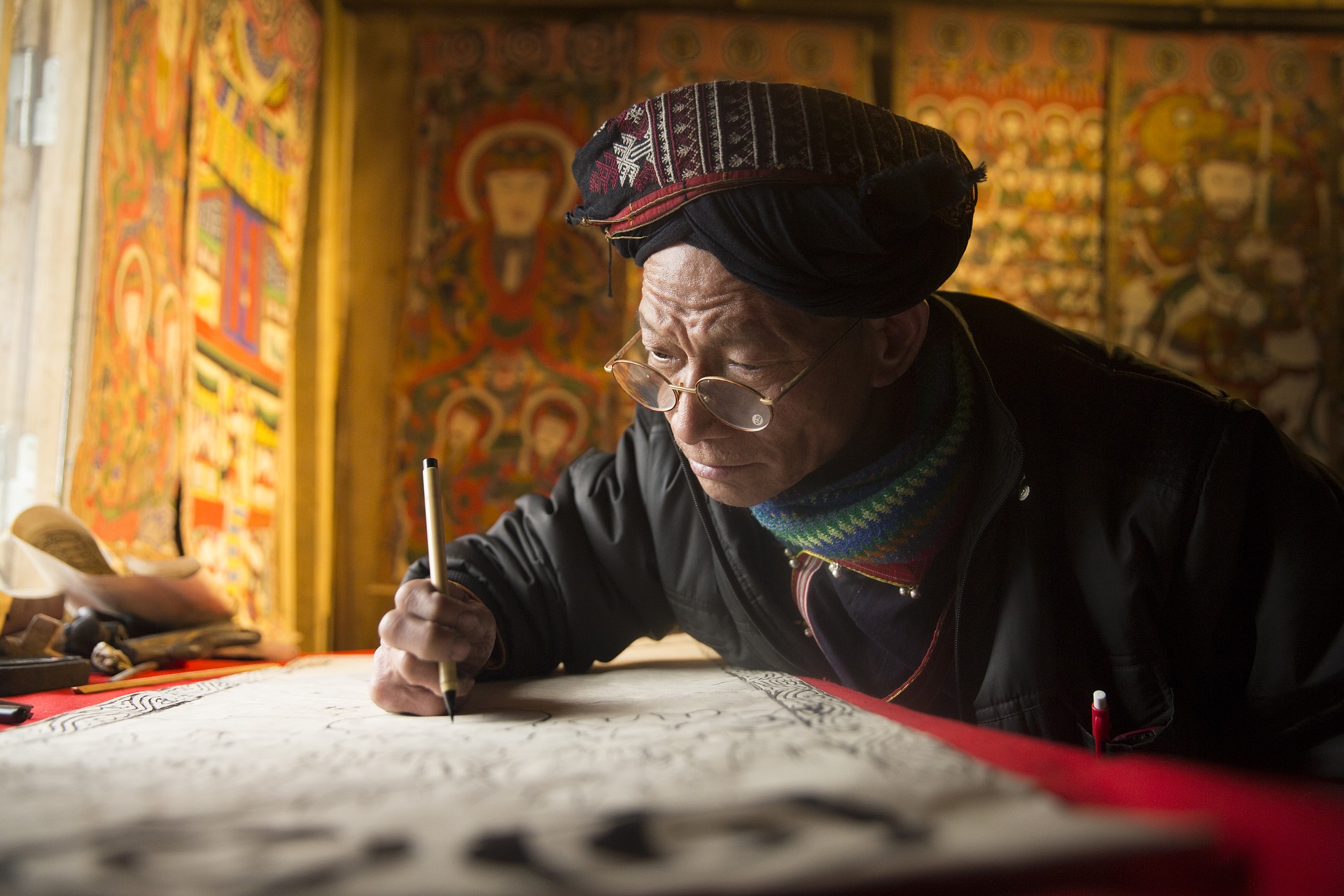
Illustration (credit: pixabay)
In every culture in various regions and countries, there are unique elements. These cultural elements consist of language, religion, knowledge systems, society, tools and technology, livelihoods, and the arts. Melville J. Herkovits states that culture has four basic elements, namely technological tools, economic systems, family, and political power.
In addition, Bronislaw Malinowski said there are four basic elements that include social norms that enable cooperation among community members to adjust to the surrounding nature. Then the economic organization system, tools and institutions or officials for education (family is the main educational institution) and power organizations (politics).
And C. Kluckhohn, stated that there are seven cultural or universal elements, namely language, knowledge systems, technology and equipment systems, art systems, livelihood systems, and religious systems.
4. Characteristics of Culture

Illustration (credit: pixabay)
Furthermore, there are characteristics of culture that KLovers can know. These cultural characteristics can be used as a benchmark to determine whether an activity is a cultural activity or not. Here are some cultural characteristics that KLovers can know and understand:
1. As a culture that exists in the region and is learned.
2. Can be conveyed to every person and every group and inherited from every generation.
3. Dynamic, meaning a system that changes over time.
4. Selective, meaning it reflects limited patterns of human experience.
5. Consists of interrelated cultural elements.
6. Ethnocentric, meaning it considers its own culture as the best or considers other cultures as the standard.
5. Functions of Culture

Illustration (credit: pixabay)
And the explanation of the meaning of culture that is last, the function of culture. Yes, culture has several functions in human social life. And here are the functions of culture:
1. Boundaries
The first function of culture is as boundaries. What does that mean? Culture acts as a determinant of boundaries, which means culture creates differences or makes an organization unique and distinguishes it from other organizations.
2. Identity
Culture is an identity that shows the civilization of a society or a country. This identity can be used as a differentiator between nations or groups of societies from each other.
3. Commitment
Then the next function of culture is as a commitment. Culture facilitates the birth of commitment to something bigger than individual interests. Because culture is needed in the civilization of a group of societies.
4. Stability
Culture can also be something that enhances the stability of the social system. Thus, culture can be a stability in the social environment.
5. Shaping Attitudes and Behaviors
Culture acts as a mechanism for creating meaning and control that guides and shapes individual attitudes and behaviors. Culture is also a manifestation of the social structure that comes from human ideas and thoughts.
6. Communication Media
And the last function of media is, it can be a communication medium. In culture, there are language elements, both in the form of oral and written language, which are a means of communication for humans.
That is the meaning of culture that KLovers can know, both generally and according to experts. In addition, there are also functions, characteristics, and elements in a culture.
(kpl/gen/dhm)
Disclaimer: This translation from Bahasa Indonesia to English has been generated by Artificial Intelligence.
